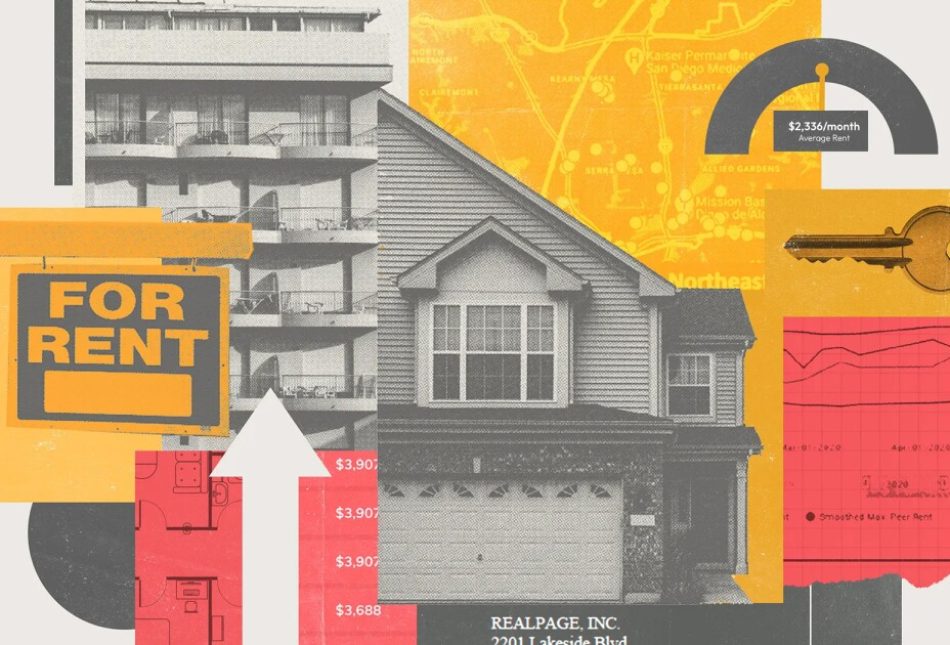City of Albuquerque Council looking to dramatically expand apartment regulations: act now!

UPDATE: This proposal was killed in a committee, but we are told it COULD be brought back. Please consider emailing Council below:
A bill is now being considered at Albuquerque City Council known as the “Renter’s Empowerment and Neighborhood Transparency Act.” If adopted it would have profound, negative impacts on the City’s apartment rental industry and availability of rental units. I’m referring to bill O-25-88
Council Bill O-25-88 will be heard June 11th committee
Screening and Application Disclosures
This bill would require landlords to process applications strictly on a “first-come, first-served” basis, including the requirement to disclose queue position. In cases of simultaneous applications, landlords must either implement a timestamp system or use randomized selection. These mechanisms are not only impractical but open to disputes. These burdensome processes and retention mandates (minimum one-year recordkeeping) turn housing providers into compliance clerks rather than property managers.
Companion Animal Restrictions Removed
This proposal eliminates a landlord’s ability to enforce breed, size, or species restrictions for “companion” animals. This includes animals other than cats or dogs, as long they are “legal”, and they can be deemed “domesticated.”
This poses a serious risk to health, safety, and liability, especially in multifamily housing. Landlords are permitted to charge only a flat deposit of $150 for the first animal and $50 for each additional but cannot charge monthly pet rent to help offset ongoing wear and tear or liability. Many insurance providers in New Mexico enforce breed exclusions. This law would put landlords in the position of violating insurance agreements or losing coverage altogether.
Ban on Requiring Renter’s Insurance
Landlords would no longer be allowed to require tenants to carry renter’s insurance, even though it is one of the simplest and most affordable tools to protect tenant belongings and reduce landlord liability. This eliminates a basic risk management strategy and increases the chances of disputes and losses when incidents occur. Renter’s insurance is a win-win for both parties.
Mandated Rent Payment Methods
The bill prohibits landlords from:
- Refusing payment in cash, check, or money order
- Charging any fees based on payment method (e.g., for online portals)
These changes would undo years of safety-driven policy, forcing properties to accept cash again despite the increased risk of theft, fraud, and staff vulnerability. Additionally, prohibiting administrative fees for payment processing removes a standard tool for offsetting service costs. These fees are not paid to the owner but rather to the processing company.
Tenant-Driven Repairs
If a landlord is unable to address a repair quickly enough, tenants would have the power to arrange and deduct repair costs from rent or demand reimbursement with no oversight or quality control. This opens the door to misuse, inconsistent repair standards, and increased disputes. The law prohibits landlords from considering this a lease violation and bars retaliation, effectively giving tenants unilateral power over property maintenance.
Relocation Assistance
This bill empowers the City of Albuquerque, not a judge or court, to unilaterally determine whether a landlord has “illegally evicted” or “forced” a tenant to vacate and thus owes relocation assistance. The decision-making process is vague, and landlords have only 7 days to comply if assistance is deemed necessary. Non-payment results in a lien on the property with additional administrative fees and accruing interest. This is an unprecedented expansion of municipal authority and strips landlords of due process protections.
Rental Registration
Landlords would be required to register every rental property annually and provide extensive information, including:
- Personal contact details
- Management contact details
- Property specs (unit counts, square footage, number of bathrooms/bedrooms)
- Occupancy/vacancy history for the prior year
- Rental rates and security deposit history
- Utility inclusion breakdown
This information is likely to be public record. The result would be a collection of private rental information that could be used by competitors and may actually raise rents and result in less competition. Also, disclosing an owner’s personal information not only could be seen as a liability but also defeats one purpose of hiring a management company. Failure to comply results in $100 weekly fines, and after six months, the unit cannot legally operate as a rental. This registration regime is excessive, invasive, and imposes administrative burdens that disproportionately affect small housing providers. It could drive landlords out of the market entirely, reducing housing supply and driving up rents.
While the stated intent of this legislation may be to protect tenants, in practice, it burdens responsible landlords, increases operational and legal risk, and would discourage housing investment in Albuquerque. These proposals ignore the realities of managing rental housing and would lead to reduced availability, higher costs, and greater conflict – not stability.
Contact the ABQ City Council NOW
This information was provided by the Apartment Association of New Mexico
